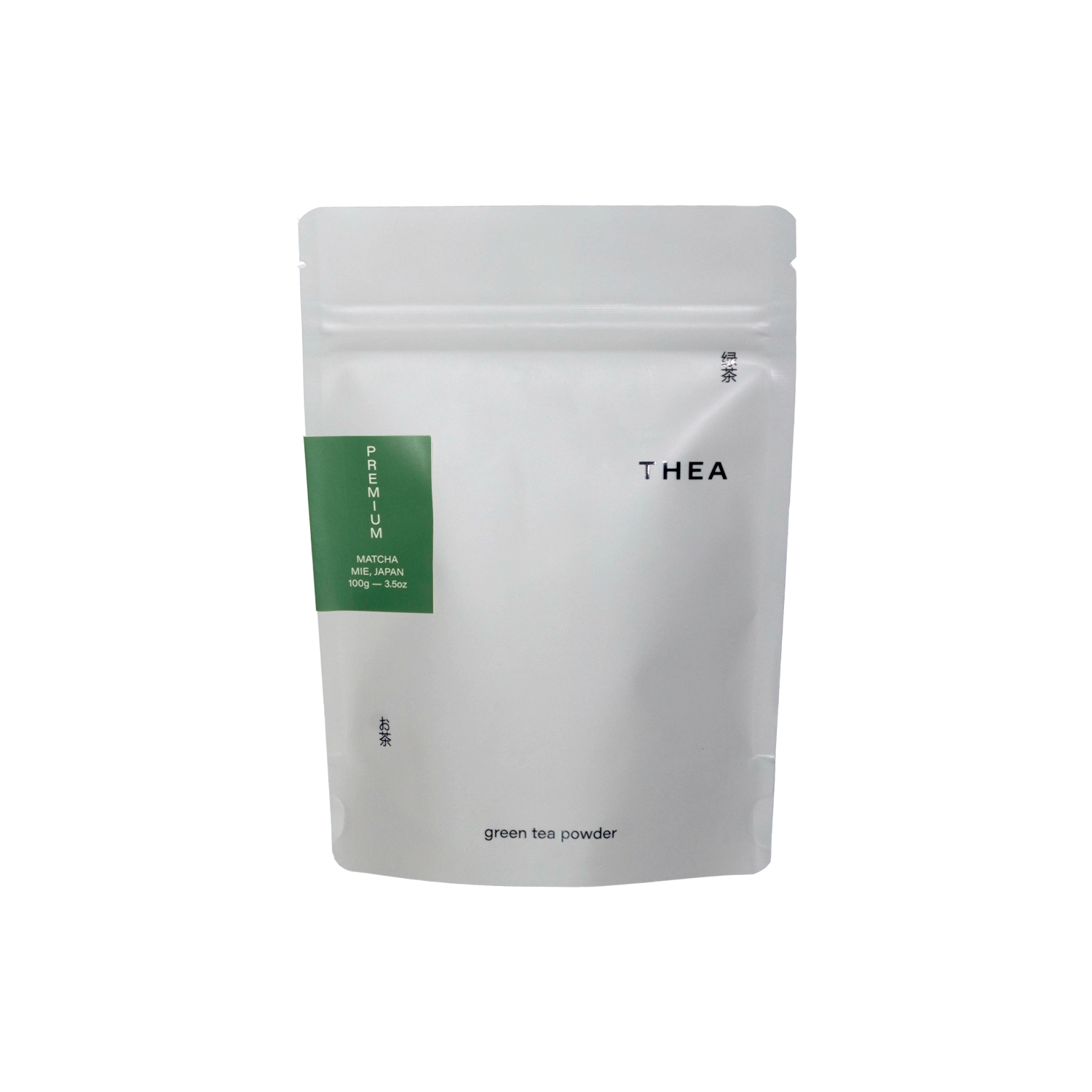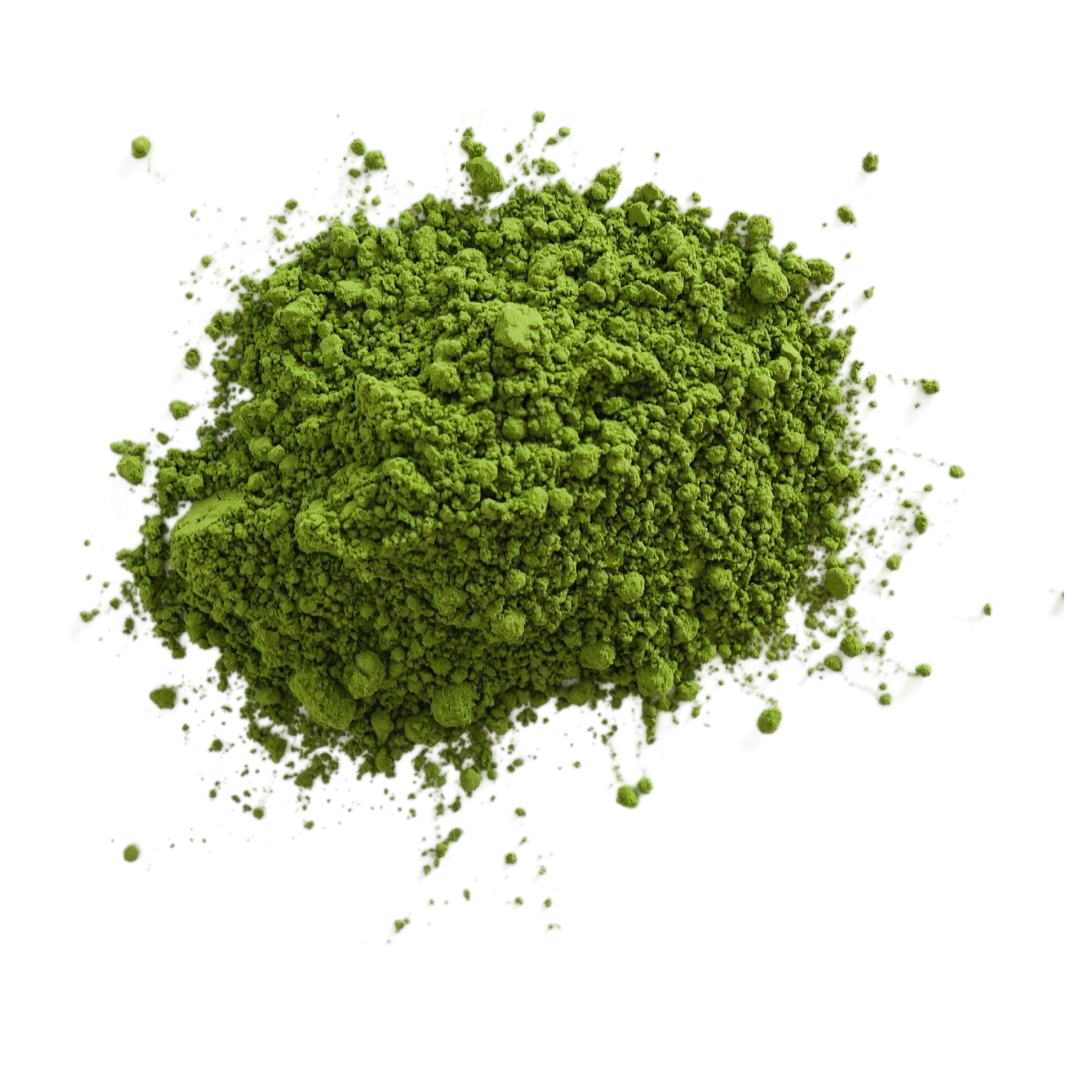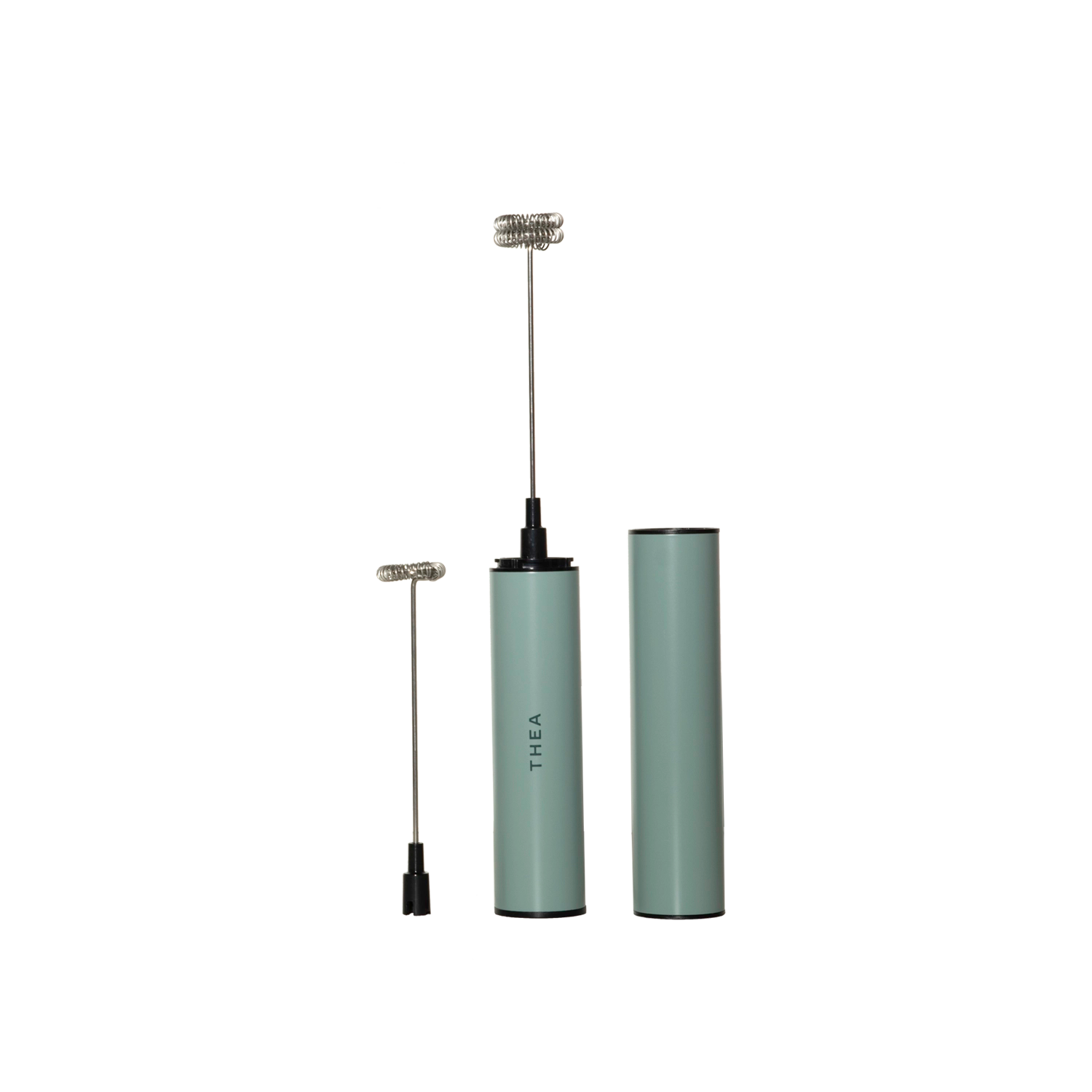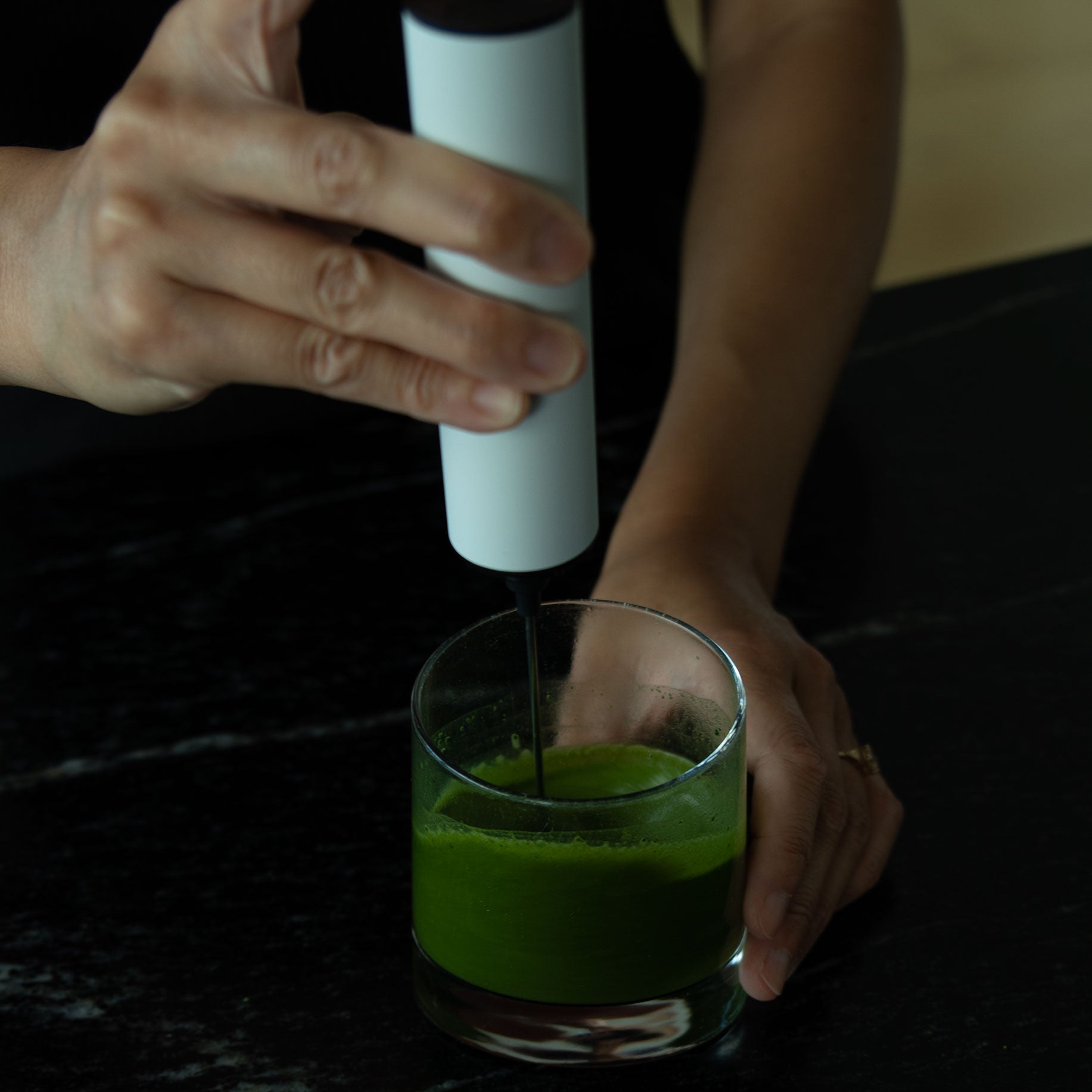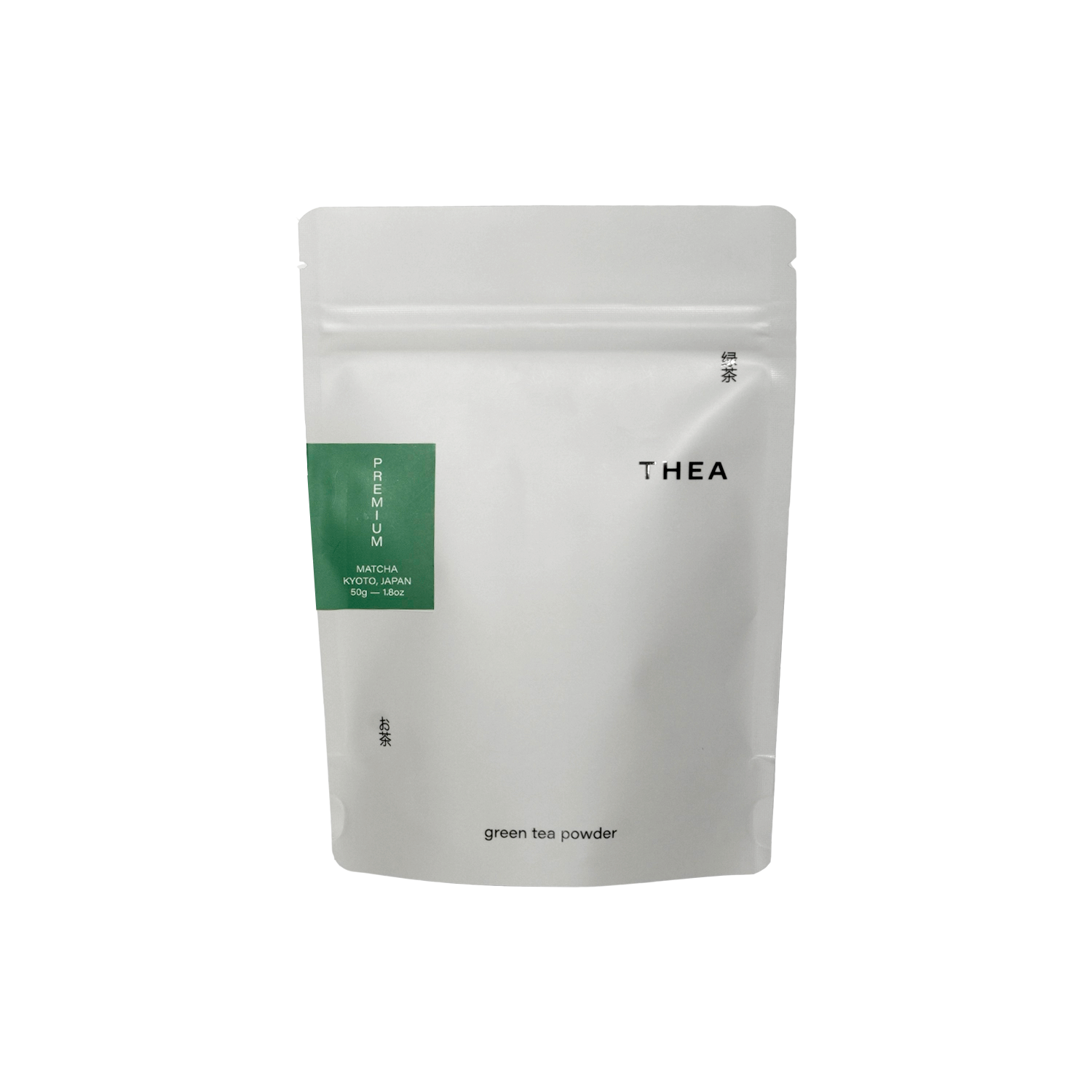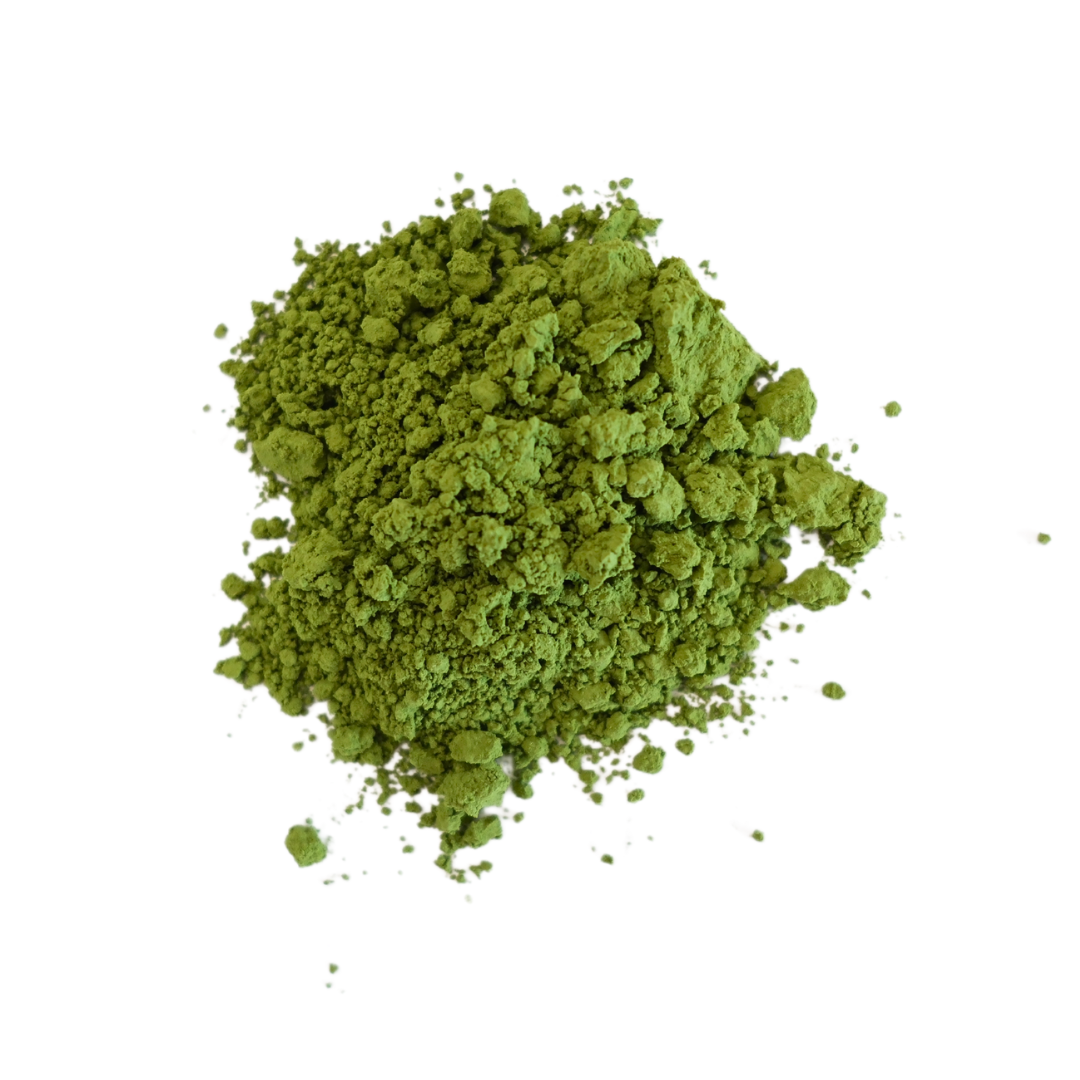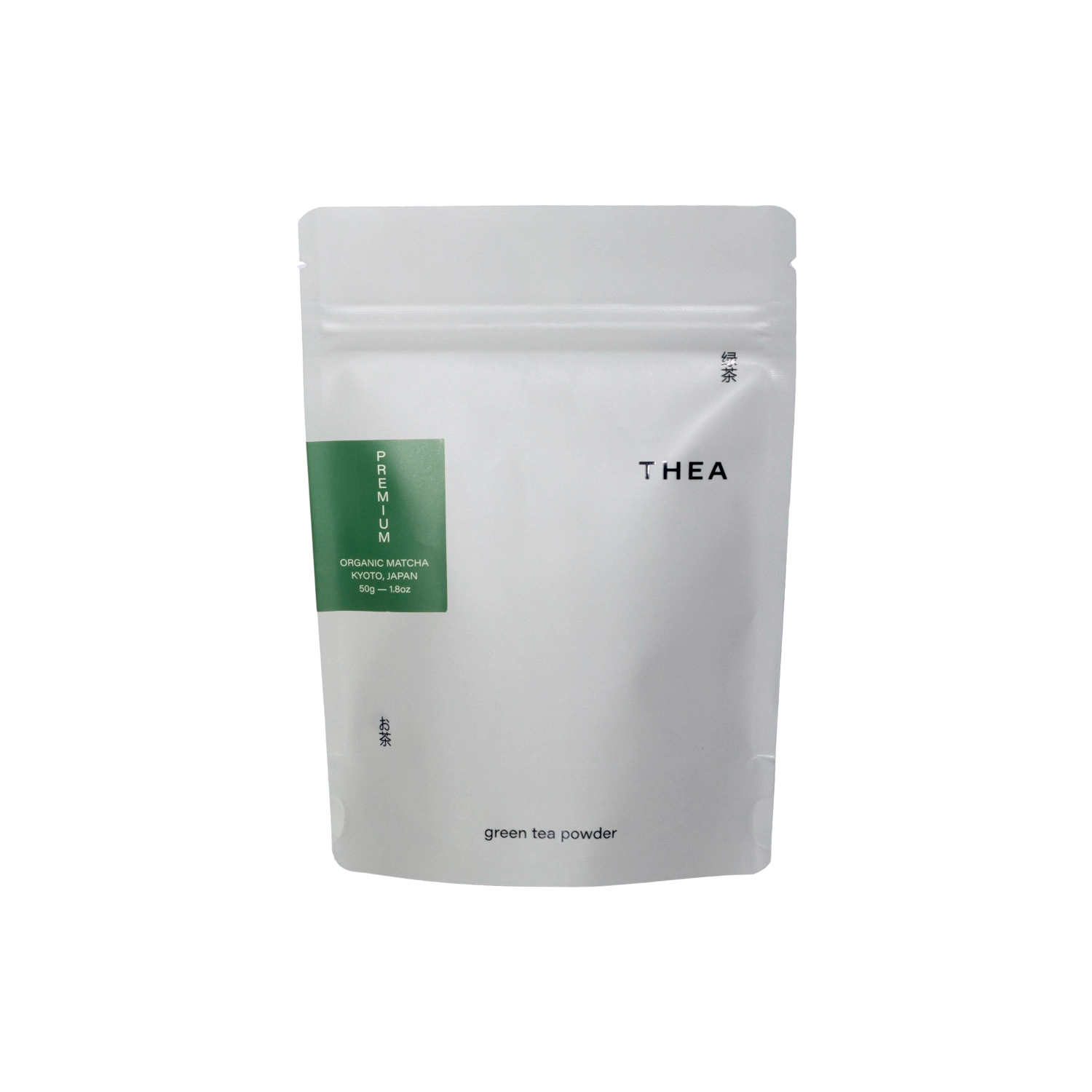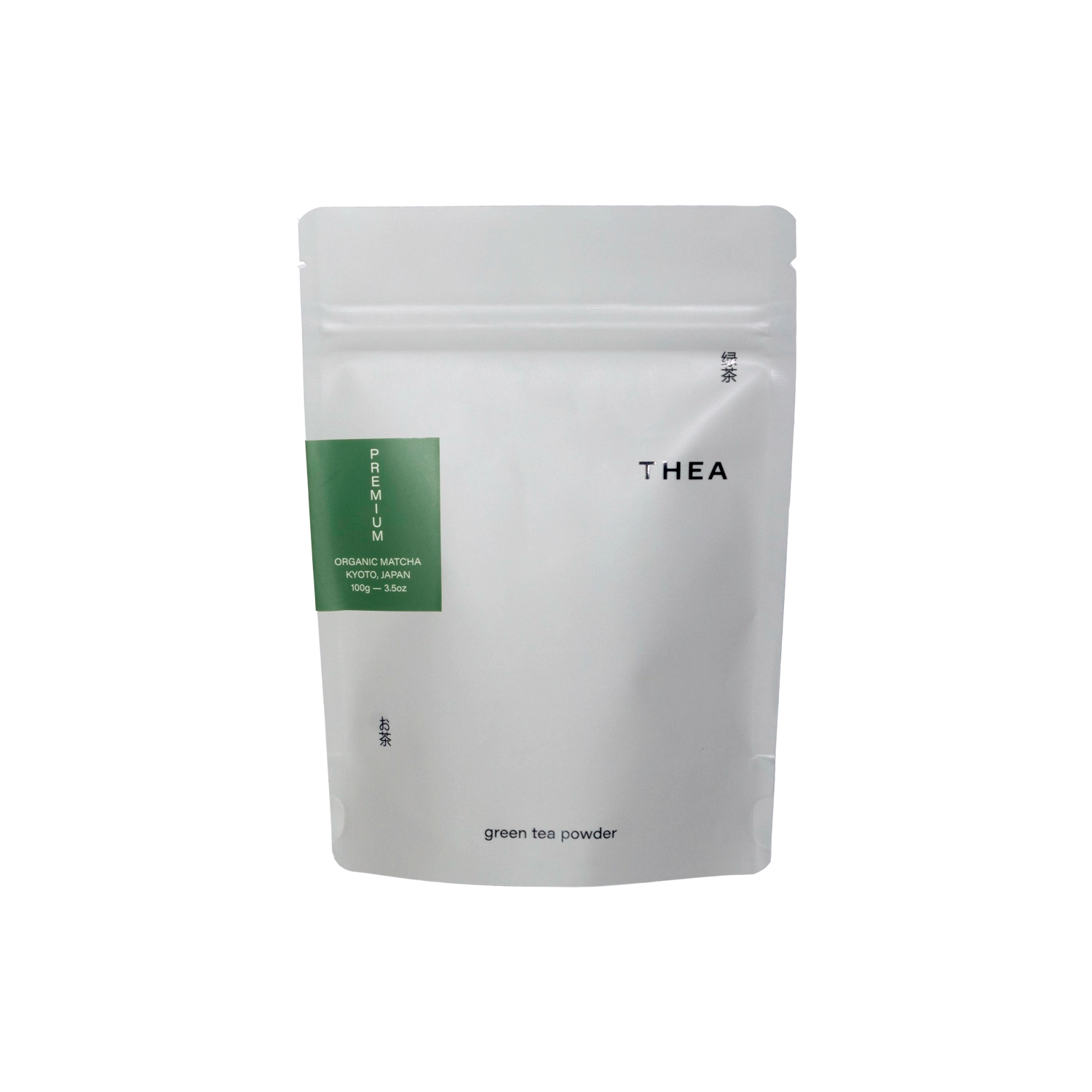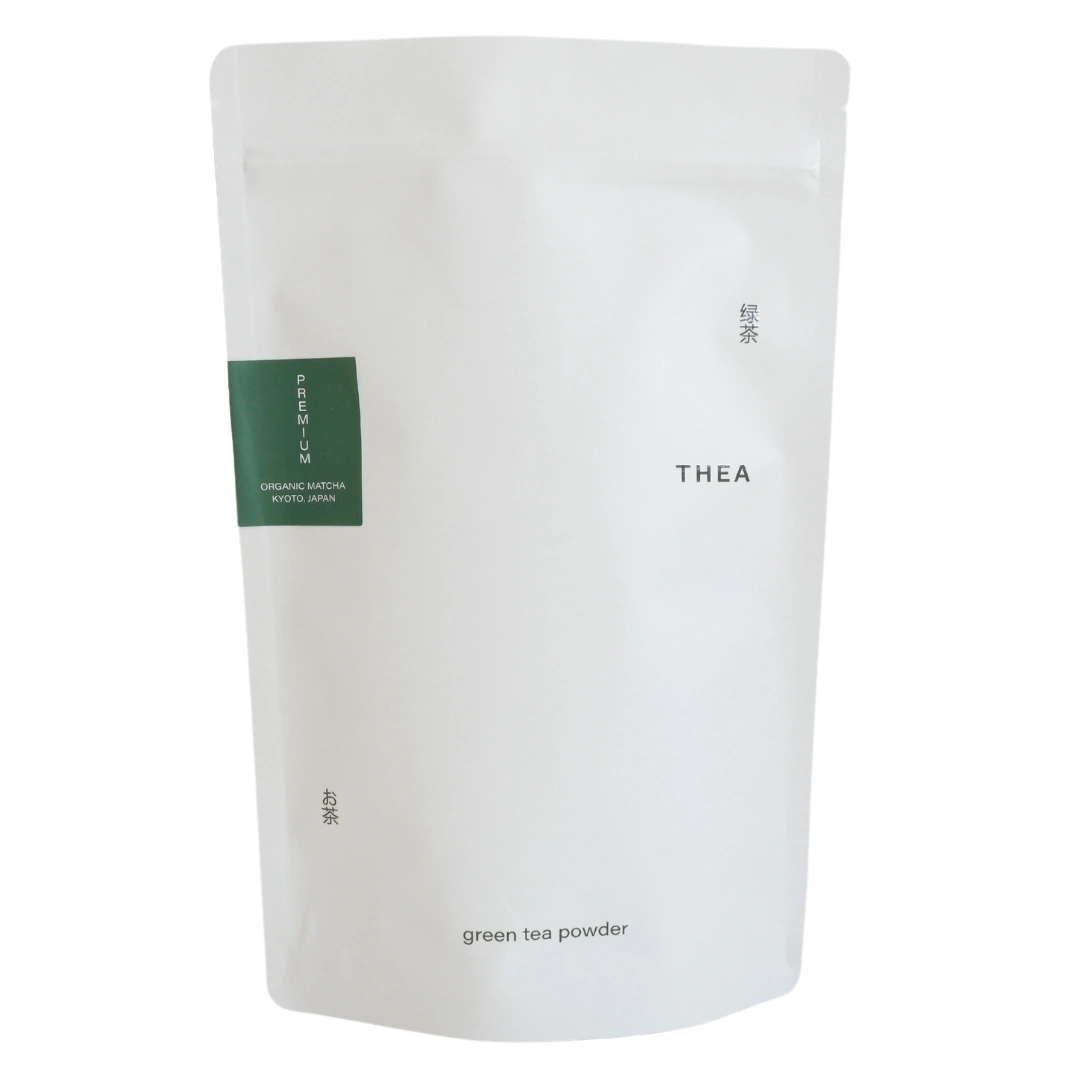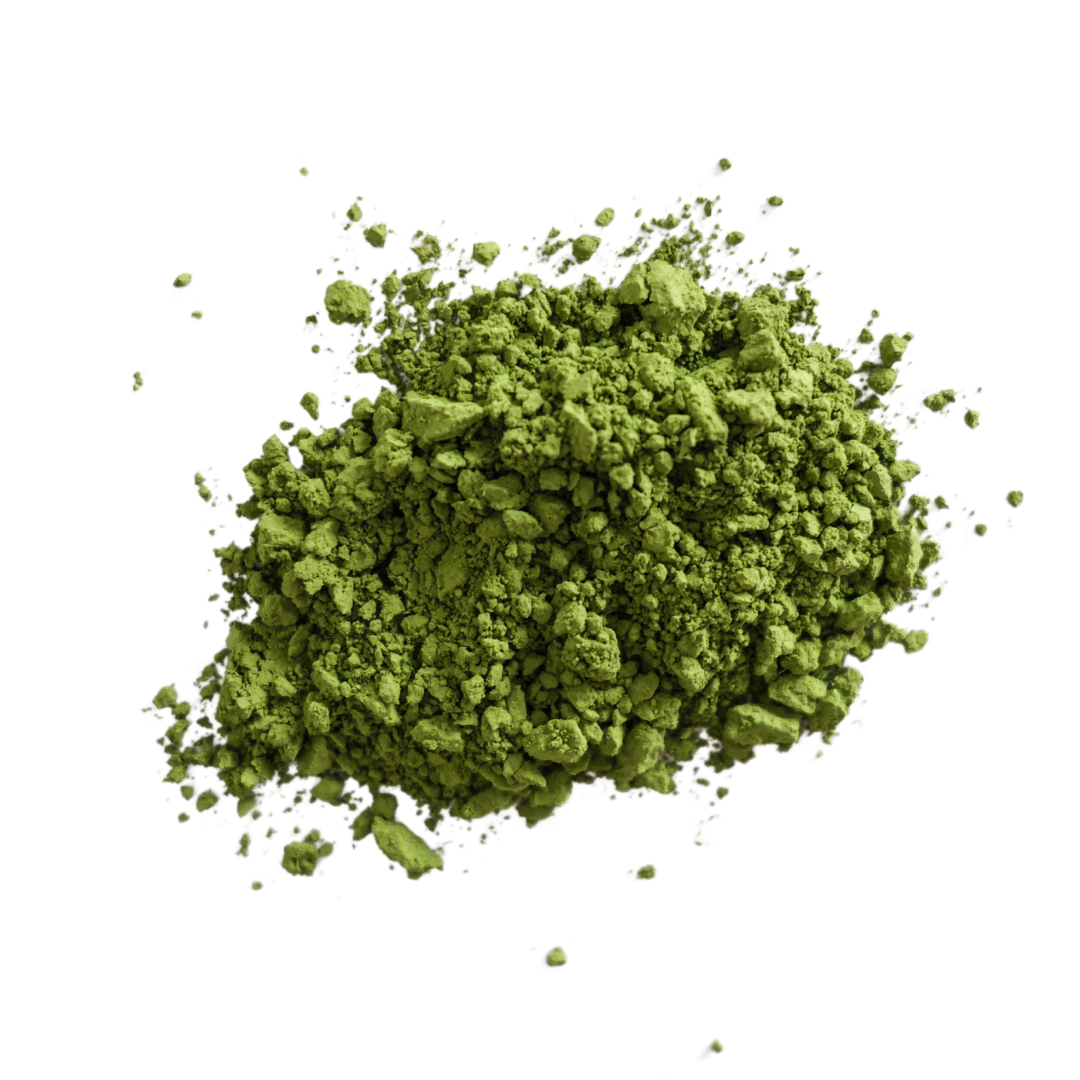What is Matcha?
Matcha powder is a finely grounded tea powder that comes from Camellia Sinesis (green tea). Matcha is commonly grown in parts of Asia (and even Africa), and is originally cultivated in China. It was introduced in Japan circa 1191 by a buddhist monk and the word was quickly spread.
We all know that green tea is good for you - you normally would drink steeped green tea because you're told that it's got antioxidants and has caffeine. But how does it compare to coffee?
Caffeine levels & Coffee
Firstly, let's talk about the caffeine levels between the two. There is no official recommended daily intake of caffeine, but 300-400mg is advised (which equates to 3 cups of coffee max per day). An average person can consume caffeine in various forms such as coffee, teas and chocolates. According to the USDA*, 1g of coffee contains 4mg of caffeine. When you compare that to matcha powder, 1g of matcha contains 32mg of caffeine. So wait a minute... Are you saying matcha has a lot more caffeine that coffee? Yes, matcha is more nutritionally dense due to the fact they are whole leaves that are stoneground into a powder - HOWEVER, you only consume 1-2g of matcha per serving which equates to 32mg - 64mg of caffeine. If you consume 10g of coffee per cup, that's 40mg of caffeine but you'd typically tend to drink 2 -3 cups which would equate to 80mg - 120mg respectively.
But isn't caffeine the same once you drink it?

The interesting thing between the two is how caffeine is absorbed by the body. The caffeine in matcha attaches to the tea tannins, which helps stabilises it and therefore released slowly over a period of time. Coffee however, is released directly into the bloodstream which accelerates the heart rate - you may feel anxious, on edge and sweat after consuming coffee*.
Drinking matcha also has it's benefits. Matcha powder contains a compound called Catechins aka EGCG - epigallocatechin gallate. Catechins are also known as antioxidants which are very abundant in berries, teas and cocoa. A study by D.J Weiss & Christopher R. Anderton from the University of Colorado, discovered that matcha contains 137 times the amount of catechins in comparison to green tea*. Antioxidants may help fight free radicals that damage your cells.
Matcha powder also contains L-Theanine which is the key amino acid that exhibits stress reducing effects - this happens when it's combined with caffeine and catechins (EGCG)*
Basically, there's a lot of upside to drinking matcha, especially if you are looking to reduce your coffee intake. We recommend only having one cup a day, we find you only need one to keep you awake due to the slow release of caffeine throughout the day. We've had customers tell us that they previously drunk 3 - 4 coffees per day and now only need one.
We think a drink that contains loads of antioxidants (hello anti-aging!), L-Theanine to reduce stress and caffeine to keep you awake is a win win in our opinion.
---------------------------------------------------------------------------------------------------
Buy your matcha kit here.
*Determination of catechins in matcha green tea by micellarelectrokinetic chromatography by David J. Weiss , Christopher R. Anderton. 26 Feb, 2003
3. Keating, Brian R. Long, Kim. (2015). How to Make Tea; The Science behind the Leaf. Lewes. Print.
Stress-Reducing Function of Matcha Green Tea in Animal Experiments and Clinical Trials Keiko Unno,1,2,* Daisuke Furushima,3 Shingo Hamamoto,3 Kazuaki Iguchi,1 Hiroshi Yamada,3 Akio Morita,4Hideki Horie,5 and Yoriyuki Nakamura2, Oct 2018


